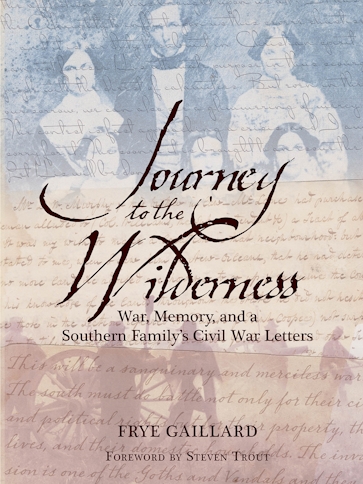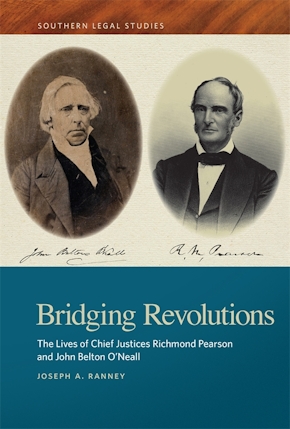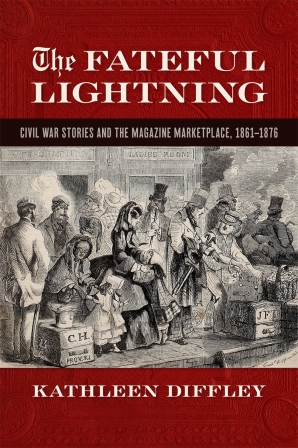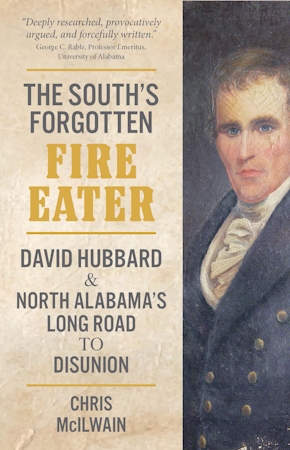On the one-hundred-fiftieth anniversary of the Civil War, award-winning author Frye Gaillard reflects on the war—and the way we remember it—through letters written by his family, including his great-great grandfather and his two sons, both of whom were Confederate officers. As Gaillard explains in his introductory essay, he came of age in a Southern generation that viewed the war as a glorious lost cause. But as he read through letters collected by members of his family, he confronted a far more sobering truth.
“Oh, this terrible war,” wrote his great-great-grandfather, Thomas Gaillard. “Who can measure the troubles—the affliction—it has brought upon us all?”
To this real-time anguish in voices from the past, Gaillard offers a personal remembrance of the shadow of war and its place in the haunted identity of the South. “My own generation,” he writes, “was, perhaps, the last that was raised on stories of gallantry and courage . . . Oddly, mine was also the one of the first generations to view the Civil War through the lens of civil rights—to see . . . connections and flaws in Southern history that earlier generations couldn’t bear to face.”
A beautifully written personal and moral quest in search of insufferable truths, Frye Gaillard's
Journey to the Wilderness brings as much clarity to the lingering darkness in the Southern soul in a few emotionally honest pages as I have seen in volumes of hagiography, professional Southernism and cliched pensives that plague analysis of the Civil War.
—Rod Davis, Southern Literary Review
Gaillard draws upon a cache of family letters to peel back layers of cultural myth, memory, and legend. In doing so he exposes the Civil War’s underlying ambivalence, horror, and pain. The author offers a sober reminder of 'how the past lives on in the present, and how it draws us, slowly if we let it, in the painful direction of a more honest truth.'
—The News & Observer
Gaillard is a thoughtful writer. It is very hard to stop reading this book. His insightful commentary and the letters he includes let readers see the emotional conflicts the war brought and left in its wake. In
Journey to the Wilderness, Gaillard [finds] no magic wand to resolve the war’s legacy, but he does enable the reader to understand it better.
—Michael Thomason, Montgomery Advertiser
In
Journey to the Wilderness, Frye Gaillard, one of Alabama's most prolific and most important non-fiction writers, structures his own meditation on the past in a candid, informed, beautifully written commentary on a series of excerpts from a collection of Gaillard family Civil War letters.
—Don Noble, Tuscaloosa News
For anyone drawn to Civil War history and to the conflict’s continuing ramifications, this book is a gem to seek out and read.
—Si Dunn, Books, Books & More (New) Books
Frye Gaillard has done a great service by publishing these heartbreaking letters from three men who recorded their thoughts on the battlefield and the many relatives who waited at home, sometimes in vain. He has helped us accept the fact that pain—both physical and mental—far exceeded the so-called glory of that horrible war.
—The Charlotte Observer
Frye Gaillard features a carefully selected and edited batch of correspondence that, combined with his own commentary, offers a sweeping look at how the Civil War was anticipated, endured, and remembered by the people who lived through and helped shape our collective memory of the conflict.
Journey to the Wilderness is a provocative book.
—Mike Bunn, The Historian's Manifesto
This little book will appeal especially to readers who are native Southerners who came of age during the civil rights era. An introspective reflection on the Civil War and the way Southerners of Gaillard's generation remember it.
—Civil War News
The Gaillard family letters from the Civil War era and Frye Gaillard's contemporary introductory remarks provide a lens through which we can better see the inner lives of those who made a terrible choice in going to war to preserve the institution of slavery. This book serves as a cautionary tale that directs us to embrace the sacredness of all human life, not custom or community fervor or personal pride, as the ultimate value.
—Sena Jeter Naslund, author of Four Spirits, Ahab's Wife, and Adam & Eve
Frye Gaillard’s excavation of what the American Civil War was actually like for his ancestors, his nimble parsing of myth and memory, creates an ... unsettling effect. Little that he discovers fits the Lost Cause version of history that he once inherited, like family china, from his Southern elders—a version that for better or worse lives with us still. Thus, as we read his remarkable book, we stand, in a sense, on the battlefield ... looking out again on a landscape of war ... Frye peels away layers of cultural myth and family legend to expose long-hidden pain, ambivalence, and horror.
—Steven Trout, director of the Center for War and Memory at the University of South Alabama



